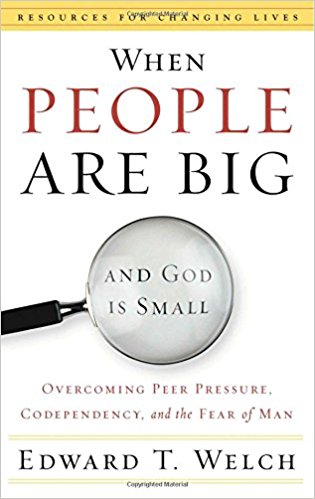
A time, a place, and a plan.
This principle is courtesy, once again, of Josh Waltz, the pastor of my church. The study of habits is really big right now, with the trend bookended by, of course, two books. Charles Duhigg’s The Power of Habit was a great hit three years ago; I quote from it fairly extensively in the chapter on habits in my own book. And tomorrow Gretchen Rubin’s new book Better Than Before: Mastering the Habits of Our Everyday Lives comes out. I can hardly wait to read it!
One of Duhigg’s best insights is the idea of so-called “keystone habits.” In my book I said that for me a keystone is getting up in the morning when I wake up instead of just lying there. This morning I did indeed get up at 5:00, and, while I wouldn’t say that the day has gone perfectly, I’ve certainly been more productive than usual.
No habit exists in isolation. My habit of a weekday 45-minute walk can’t take place unless there’s time for me to take it, which feeds right back into my getting-up-when-I-wake-up habit. And since I’ve strengthened the habit of cutting out most of the added sugar from my diet I’ve felt much more alert and willing to get up in the mornings. That difference makes me wonder if I’ve been going around with blood-sugar levels that have been just a bit high most of the time, which can’t have been good. Since my higher-than-expected A1C levels at the end of 2014 I’ve been very, very motivated to keep things under control. It wasn’t enough for me to just say, “Sugar isn’t good for anyone, so I need to just cut most of it out.” No, I needed a scare.
Just because it’s mid-March instead of New Year’s Day doesn’t mean you can’t start a new good habit. (It helps most of us to think in terms of doing something good rather than not doing something bad.) What can you do today to build a positive structure into your life?
 Burn and wear out for Thee. Don’t let me rust, or my life be a failure, dear Lord, for Thee.” Bessie F. Hatcher, 1957.
Burn and wear out for Thee. Don’t let me rust, or my life be a failure, dear Lord, for Thee.” Bessie F. Hatcher, 1957. . . . what would you change?
. . . what would you change? I wrote last week about John Piper’s book
I wrote last week about John Piper’s book 
 When People are Big and God Is Small: Overcoming Peer Pressure, Codependency, and the Fear of Man by Edward T. Welch, P & R Publishing, 1997. Published in cooperation with The Christian Counseling and Education Foundation.
When People are Big and God Is Small: Overcoming Peer Pressure, Codependency, and the Fear of Man by Edward T. Welch, P & R Publishing, 1997. Published in cooperation with The Christian Counseling and Education Foundation.
 Scribbled on one of the many scraps of paper I accumulate is something from a recent church care group meeting in our home. We get together a couple of times a month to discuss ideas sparked by recent sermons. One of our members mentioned that we humans have the tendency in our thinking to be vague about the problem but specific about the solution, and he gave as an example the above phrase, something he’d gotten from a friend at work.
Scribbled on one of the many scraps of paper I accumulate is something from a recent church care group meeting in our home. We get together a couple of times a month to discuss ideas sparked by recent sermons. One of our members mentioned that we humans have the tendency in our thinking to be vague about the problem but specific about the solution, and he gave as an example the above phrase, something he’d gotten from a friend at work. . . . that will help keep you from being BORING. You know both of these, but they’re so good that they deserve space here.
. . . that will help keep you from being BORING. You know both of these, but they’re so good that they deserve space here.
 A time, a place, and a plan.
A time, a place, and a plan.